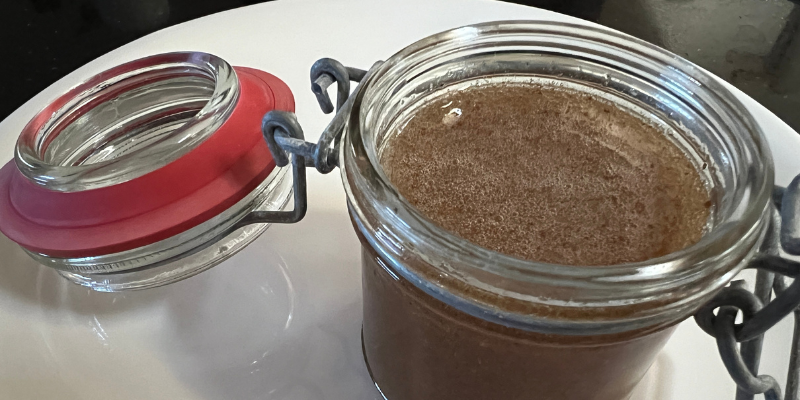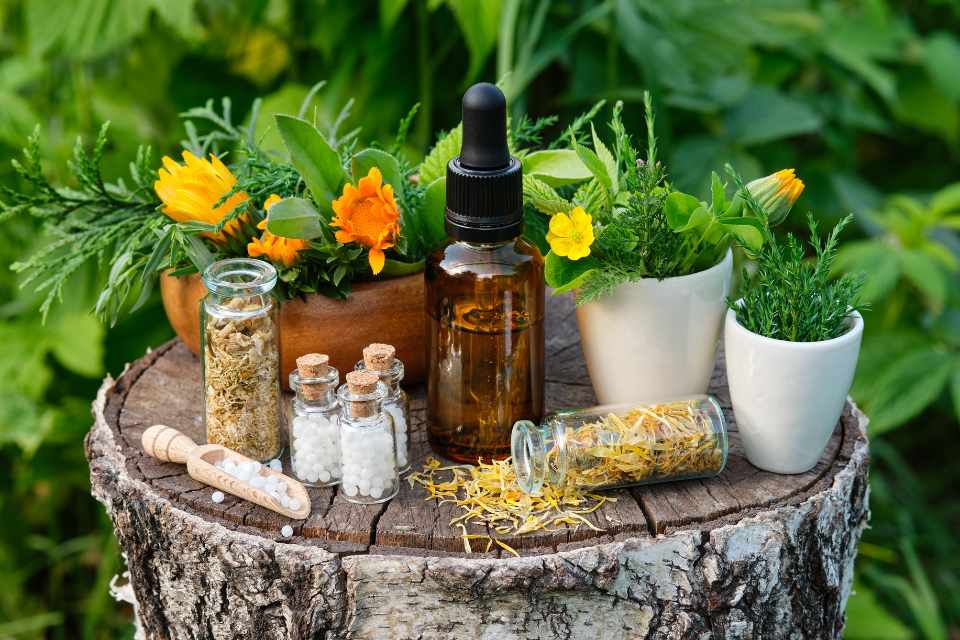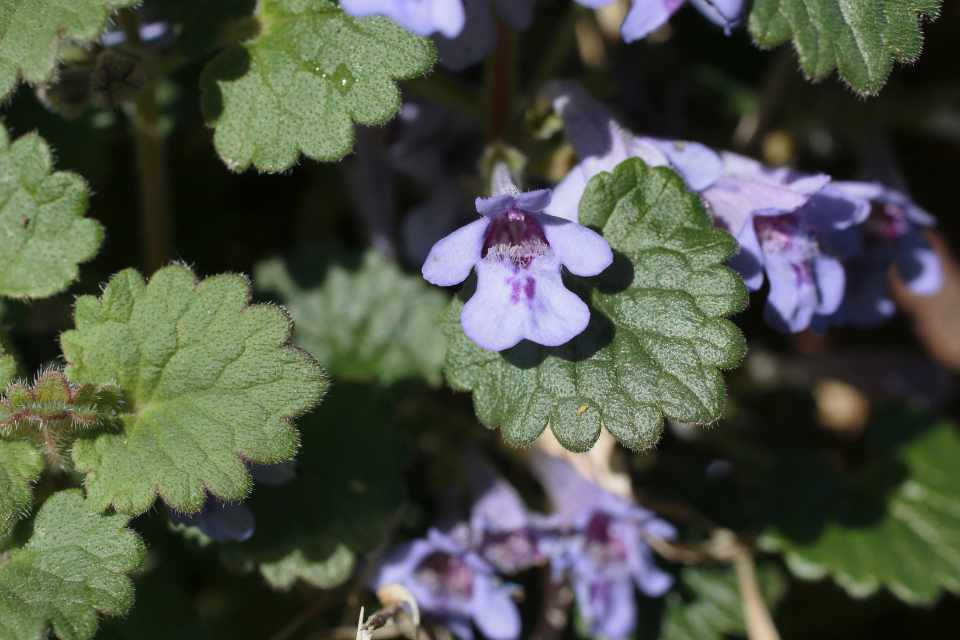Though there are several natural treatments that may provide effective natural stomach ulcer protection, this post is looking at just one – ginger. This well-known pungent, culinary spice, has remarkable health-promoting properties. For instance, I’ve previously written about ginger as one of a number of home remedies, for easing painful periods and preventing menstrual migraines. But, ginger is much more than a painkiller. In this scientific review in the Royal Society of Chemistry Journal: Food and Function, researchers discuss the potential ability of ginger for natural stomach ulcer protection.
Ginger is a traditional medicine
The culinary and medicinal part of ginger is the rhizome. This is often described as a root, but it is actually an underground plant stem. Growing and using ginger may have begun in northern India. But, the remedy is now grown in many parts of the world. No doubt, at least partly due to its valuable contribution to several systems of traditional herbal medicine. It is an important ingredient in Chinese, Ayurvedic, Unani, Arabic, Greek and Roman medicine systems.
Ginger has a long history of use for relieving pain and spasms, as well as reducing inflammation. So it has found a use in arthritis, rheumatism, muscular aches and pains, cramps and sprains. It is also a useful and popular herbal remedy for infections, such as colds and flu, sore throats, catarrh and gingivitis. What’s more, its use for various digestive problems including indigestion, belching, bloating, gastritis, nausea and vomiting, has been validated by scientific studies. And now in rats, researchers have looked at its potential to protect the stomach lining and therefore to help prevent ulcers.
What is a stomach ulcer?
A stomach ulcer is an ulcer that occurs on the inside lining of the stomach. The stomach is vulnerable to ulceration because cells in the stomach lining layer produce digestive secretions. These include digestive enzymes and stomach acid production. These secretions are a necessary part of the process of digestion. Yet these same digestive juices can erode the stomach lining, potentially forming a stomach ulcer.
To protect the stomach. other cells in the stomach lining produce mucous. This mucous has a gastroprotective effect as it coats the stomach surface, protecting it from stomach acid and other secretions.
Yet, sometimes this is not enough to inhibit ulceration. The resulting damage to the stomach causes pain and inflammation. This can happen when the stomach makes too much stomach acid. Or the cells make too little protective mucous.
There are some factors that we know increase the risk of suffering from ulcers. These include the chronic use of nonsteroidal anti-inflammatory drugs (NSAIDs) such as aspirin. And other factors such as alcohol, stress and infection with the bacteria Helicobacter pylori. Therefore, identifying what factors contribute to ulcer formation can help. At least it guides people with ulcers to the means to prevent stomach ulcers from developing.
Ginger and mucous production
In rat studies, ginger has been found to be an effective way of preventing gastric ulcers. Researchers suggest that ginger may help prevent an ulcer because it has anti-inflammatory and antioxidant properties. This means it mops up free radicals and prevents damage to cell membranes such as the lining of the digestive tract. It also has the ability to reduce intestinal spasms, flatulence and bloating, whilst increasing the rate of emptying of the stomach. All of which may help to reduce the amount of time the acidic contents remain in the stomach. So, limiting damage to the stomach lining by reducing stomach acid exposure.
Ginger may also stimulate the production and secretion of mucin. This is a constituent of the mucous that has a slimy, gastroprotective effect. A thicker mucous layer helps to prevent contact between the acidic stomach contents and the stomach wall.
The researchers conclude that ginger may help to prevent ulcers through several different mechanisms. And, whilst some of the available evidence is inconsistent, they say that following further studies ginger may have potential as a non-toxic broad-spectrum gastroprotective agent.
Other home remedies for ulcers, that have a similar gastroprotective action are liquorice and Aloe vera. Both of these herbal remedies could form part of a treatment plan with ginger. to help people at risk of developing ulcers.
If you liked this article you might also like:
How can too much and too little stomach acid have the same symptoms?
Fast and effective herbal remedy for mouth ulcers
Experts confirm herbal medicines may protect against drug-resistant infection








0 Comments